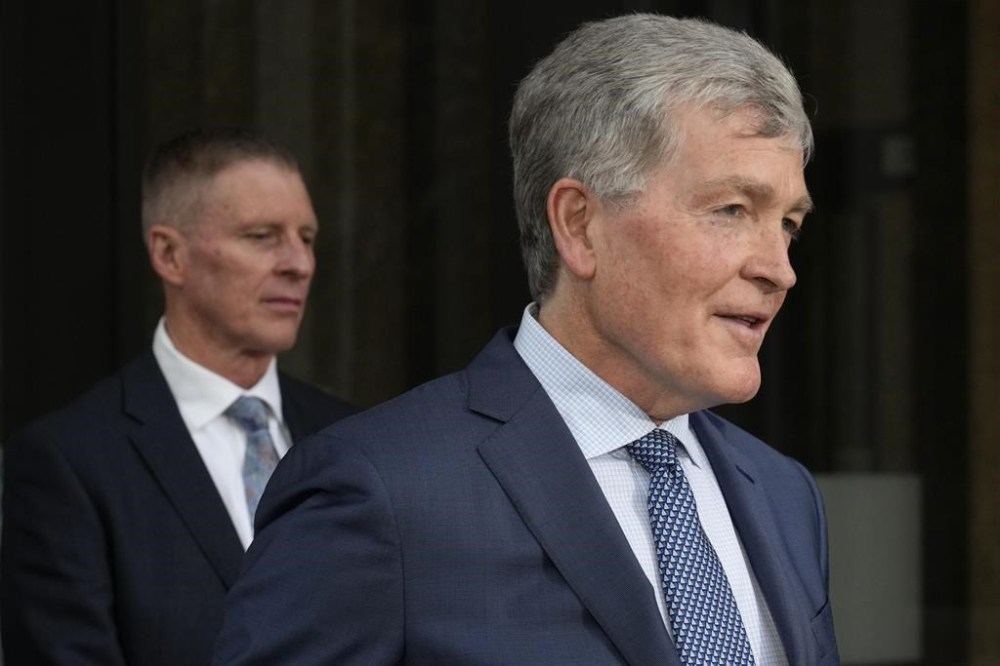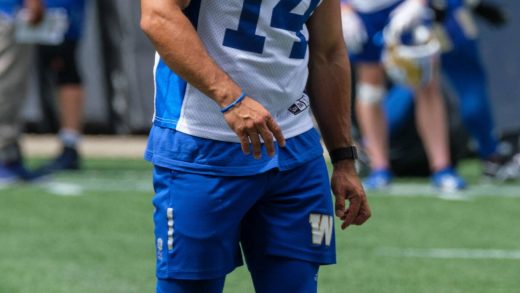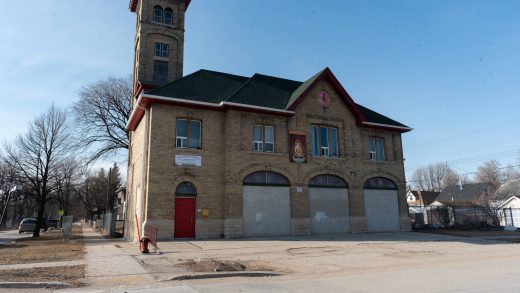
CANBERRA, Australia (AP) — The brother of a gay American who was attacked and fell from a Sydney cliff top in 1988 said elements within local police had demonized their family over their pursuit of justice.
An Australian man was sentenced to nine years in prison Thursday for killing Scott Johnson at the known gay haunt. His older brother Steve Johnson led the family’s efforts to overturn a coroner’s finding in 1989 that the openly gay mathematician had taken his own life.
Steve Johnson told Australian Broadcasting Corp. on Friday that evidence in a New South Wales state government inquiry into gay hate crimes had confirmed “our worst fears that the police were really not only opposed to the investigation but demonizing our family.”

“It’s still a question mark why? Maybe they thought of Scott’s case as a tinderbox that would force them to work on the other 100 cases of gay men who died during the same period,” Steve Johnson said.
“There are still some in the police force that are opposed to trying to solve these other cases of gay deaths and we think that they need to,” he added.
Text messages between senior police in 2015 revealed their hostility toward the Johnson family.
Former Deputy Police Commissioner Mick Willing, then commander of the homicide squad, warned then Detective Chief Inspector Pamela Young in a text message against “letting them win.”
Young replied: “Mick — I will not let them win — that is not in my DNA.”
Willing added “we will come out on top.” Both police officers have since left the force.
A second coroner’s inquiry into Johnson’s case in 2012 could not explain the death, but overturned the 1989 finding of suicide. A third inquiry ruled in 2017 that Scott Johnson had been attacked by an unknown assailant or assailants because he was perceived to be homosexual.
A breakthrough came in 2020 when police offered a 1 million Australian dollar ($667,000) reward for information. Steve Johnson, a wealthy entrepreneur based in Boston, offered his own money to double the reward.
Scott Phillip White, 52, was charged after his former wife came forward with crucial information. He eventually said he had punched Johnson in an argument and the man had fallen off the cliff to his death.
A government inquiry began hearing evidence last year of unsolved deaths resulting from gay hate crimes over four decades in New South Wales where police were notoriously indifferent to such violence.
The Special Commission of Inquiry into LGBTIQ Hate Crimes will report on Aug. 30. The acronym refers to lesbian, gay, bisexual, transgender, intersex and queer people.
Scott Johnson described his relationship with the NSW Police Force as a “little mixed.” The family was “very close friends” with Detective Chief Inspector Peter Yeomans’ “amazing team” of investigators that arrested White in 2020.
Scott Johnson said the conviction on Wednesday of Stanley Bruce Early, 77, for murdering Raymond Keam in a gay hangout in the Sydney suburb of Randwick in 1987 was proof that old cases could be solved.


